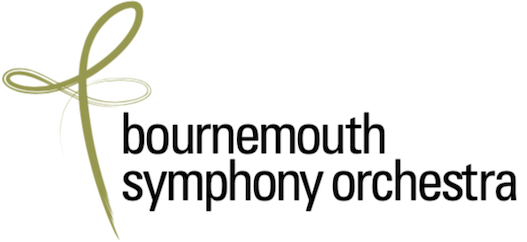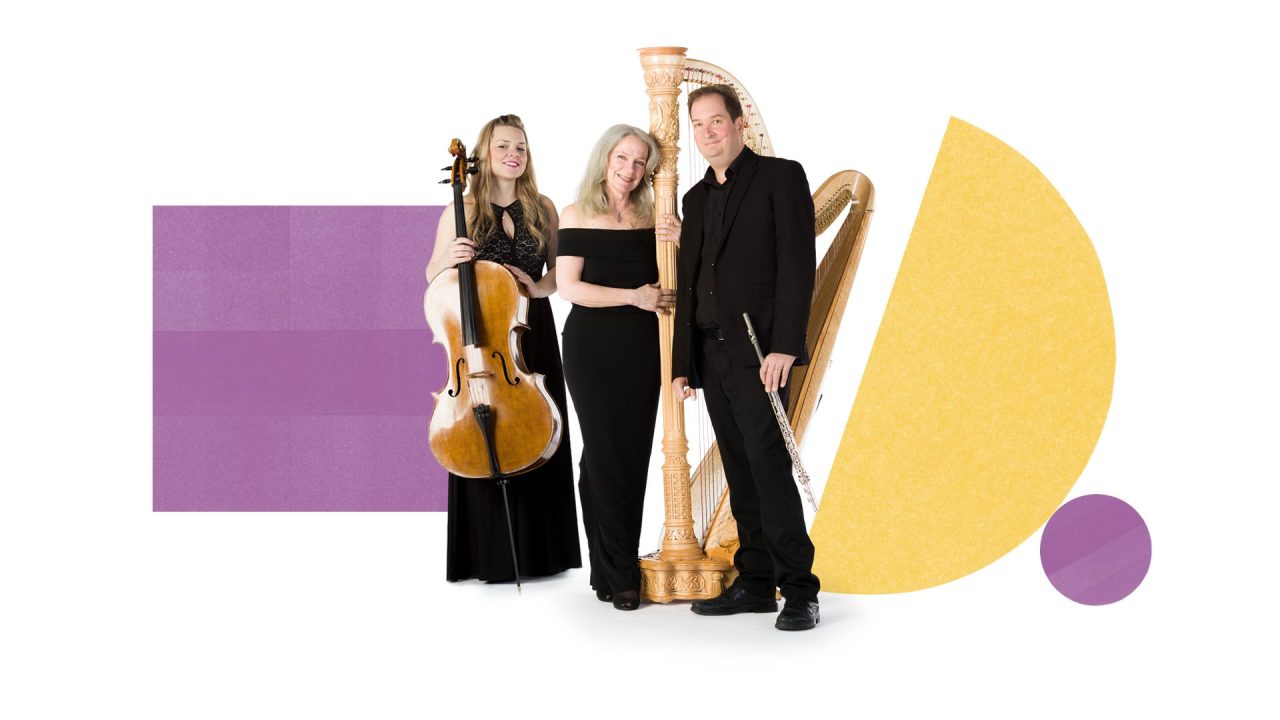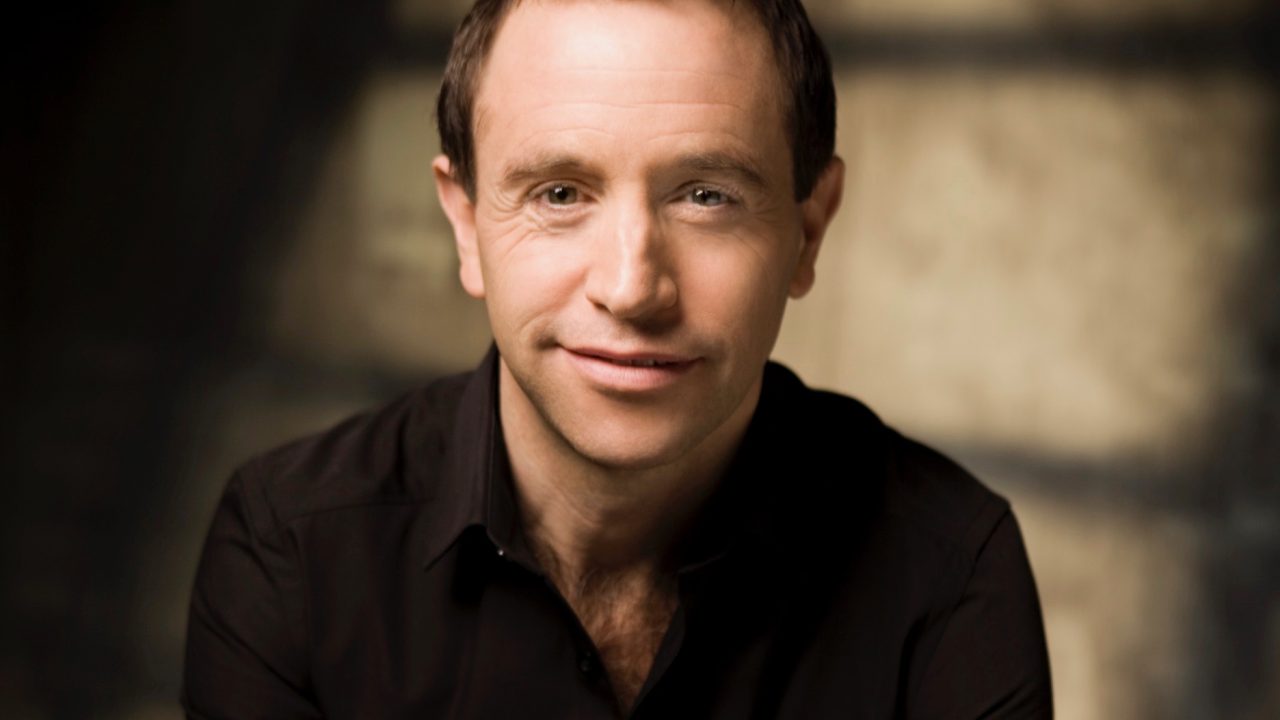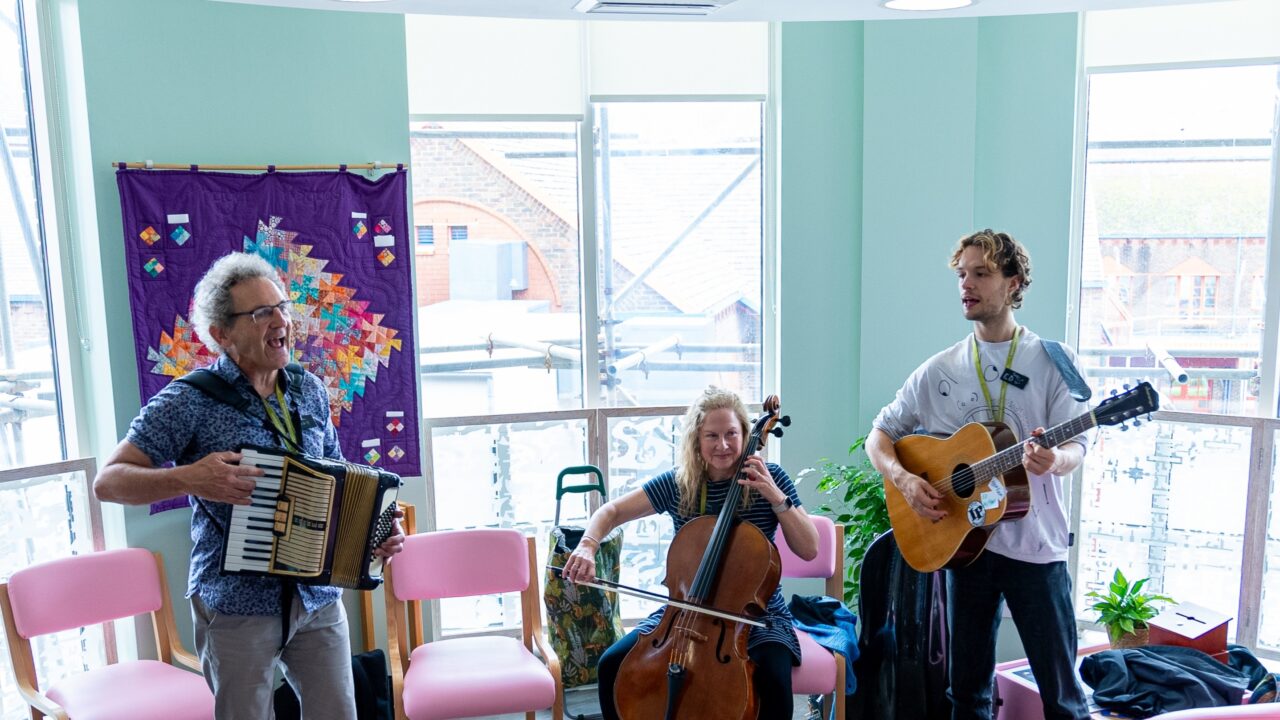Dvořák’s ebullient overture depicts the high-spirited tumult of a festive carnival setting – barkers, vendors, boisterous crowds, although it is interrupted with a tinge of melancholy. Rimsky-Korsakov’s opera, Christmas Eve, in contrast is a fairytale of supernatural shenanigans; the stately polonaise being its most famous excerpt. Broader in scope and richer in colour than any he had written before, Mozart’s Piano Concerto No.21 is built on a fully symphonic scale, with an orchestral backing that matches the solo part for interest and variety; balancing forcefulness, elegance and wit with perfect ease. Although he worked on Prince Igor intermittently for nearly twenty years Borodin never finished the opera – audiences have to be content with just the music of the Polovtsian Dances. Borodin researched the folk music of some of Russia’s nomadic tribes to obtain thematic material which unfolds as a succession of well-contrasted and memorable melodies. Tchaikovsky’s perennial Christmas family favourite, The Nutcracker, is a magical blend of twinkling tunes and glittering colours. From the elegant Waltz of the Flowers to the witty Dance of the Sugar Plum Fairy and Dance of the Reed Flutes, it casts a spell of musical enchantment.
Enjoy the Russian Dance from The Nutcracker, performed by the BSO last season.





